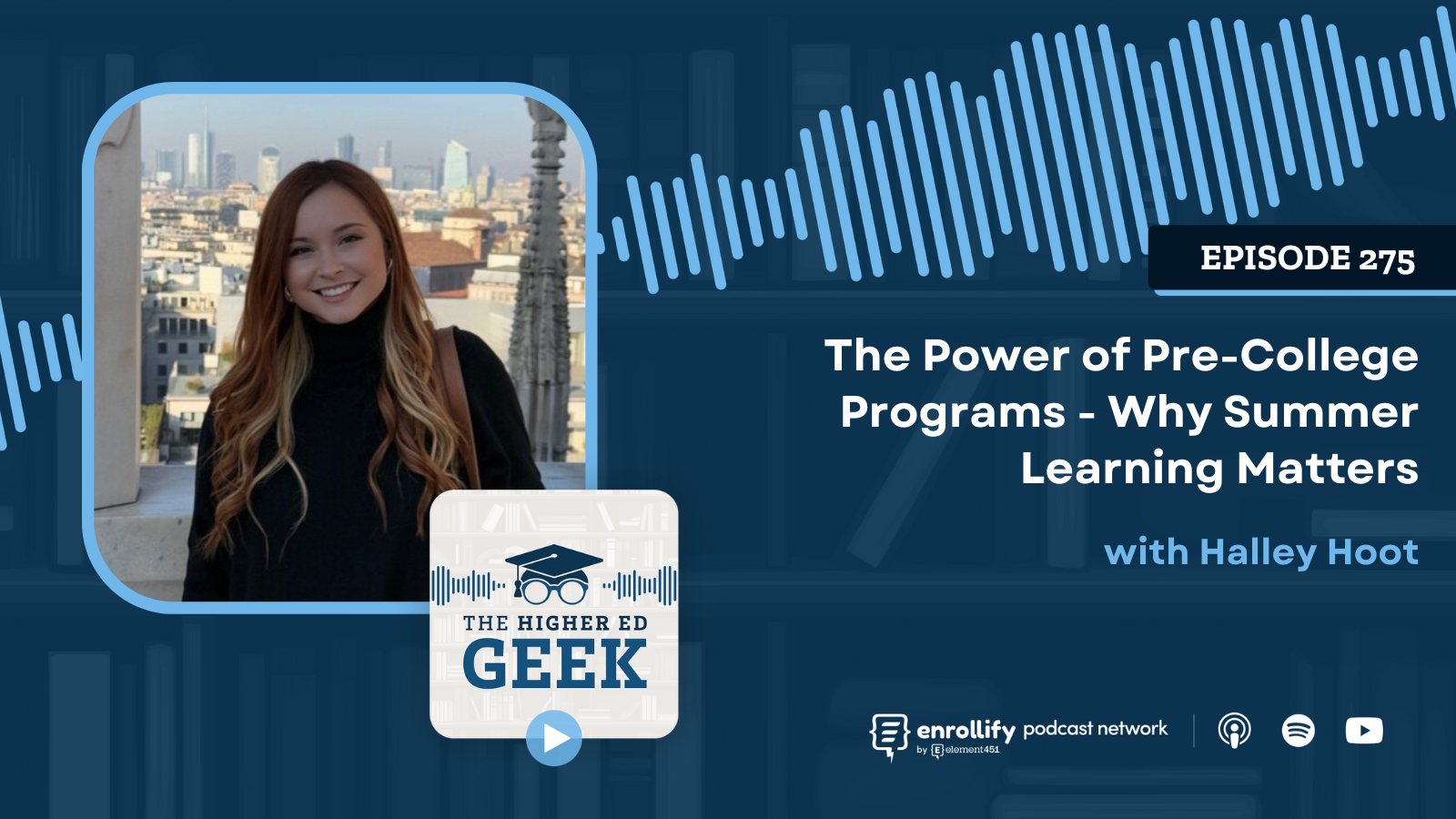About the Episode
About The Episode:
Welcome to Reclaiming Free Speech, Democracy, and Discourse on Campus a Post Election America. I’m Dr. J. Cody Nielsen, Host of After Further Consideration. No matter the outcome, the 2024 election will set the stage for the next decade of higher education. In this Pulse Check series I’ll interview policy makers and practitioners to discuss their outlook on higher education, the ways in which we might reestablish higher education’s public trust, and what a post 2024 election will look like on campus. From expression of speech to civil democracy and discourse, America’s higher education system is at a dramatic turning point and we’re here to break it down. Let’s dive into today’s episode.
Key Ideas:
- Only 12% of higher school graduating seniors are considered “proficient” in civics and political science
- Pluralism is not synchronism, and our educational systems need to lean into uncomfortable conversations
- Our work must turn to building knowledge around cultures and experiences of individuals
- Viewpoint neutrality versus viewpoint diversity is a critical aspect of what education must self-interrogate
What is the current state of civic education in America?
Dr. Berner shares a concerning statistic: only 12% of American 12th graders are proficient in U.S. history, indicating a critical gap in civic knowledge that hampers democratic engagement. She identifies four key areas—political knowledge, skills, tolerance, and involvement—that educators should prioritize to address this gap and foster better civic understanding.
How can American schools prepare students for democratic engagement?
In her work at the Johns Hopkins Institute, Dr. Berner advocates for a knowledge-building curriculum and strong school cultures, which empower students from all backgrounds. These components create an environment where students learn to understand diverse political systems and geographic contexts and acquire the skills to interpret data and advocate for issues in their communities. By establishing a foundation in core knowledge, educators can help students navigate complex societal issues with a more informed, tolerant perspective.
What is educational pluralism, and why is it important?
Educational pluralism, as explained by Dr. Berner, involves a public education system that embraces diverse schools—religious, secular, and pedagogically varied. This system reflects the viewpoints and values of different communities, with schools adopting core curricula that support both individual expression and shared knowledge. By balancing curriculum diversity with a unified commitment to common knowledge, educational pluralism equips students with an understanding of different beliefs and social systems, fostering mutual respect and citizenship.
How should educators handle controversial topics like DEI, SEL, and curriculum diversity?
The conversation addresses the polarized political climate, especially regarding diversity, equity, and inclusion (DEI) initiatives. Dr. Berner emphasizes the importance of exposing students to diverse perspectives rather than indoctrinating them with one viewpoint. Effective civic education should present the full spectrum of history and cultural achievements, helping students understand both the nation's successes and shortcomings. This balanced approach empowers students to engage thoughtfully with social issues, regardless of their political stance.
What role do states and localities play in the future of U.S. education policy?
With a conservative government in power, Dr. Berner notes the potential for increased state-level autonomy in shaping educational policies. Local and state governments hold the reins on many educational policies and funding decisions, allowing for regionally responsive approaches that align with community values while supporting quality education. Dr. Berner suggests that focusing on local initiatives and state guardrails could be a constructive approach, especially in states that already uphold protections for marginalized groups.
Why is viewpoint diversity essential in schools?
Viewpoint diversity encourages critical thinking and nuanced understanding, where students are exposed to differing beliefs and complex societal issues. Dr. Berner differentiates between viewpoint neutrality and viewpoint diversity, advocating for a curriculum that does not shy away from tough conversations. By engaging with diverse ideologies, students gain the skills to think critically, articulate their own beliefs, and respect differing opinions—preparing them for an increasingly polarized society.
Enrollify is produced by Element451 — the next-generation AI student engagement platform helping institutions create meaningful and personalized interactions with students. Learn more at element451.com.
Attend the 2025 Engage Summit!
The Engage Summit is the premier conference for forward-thinking leaders and practitioners dedicated to exploring the transformative power of AI in education.
Explore the strategies and tools to step into the next generation of student engagement, supercharged by AI. You'll leave ready to deliver the most personalized digital engagement experience every step of the way.
👉🏻 Register now to secure your spot in Charlotte, NC, on June 24-25, 2025! Early bird registration ends February 1st.















